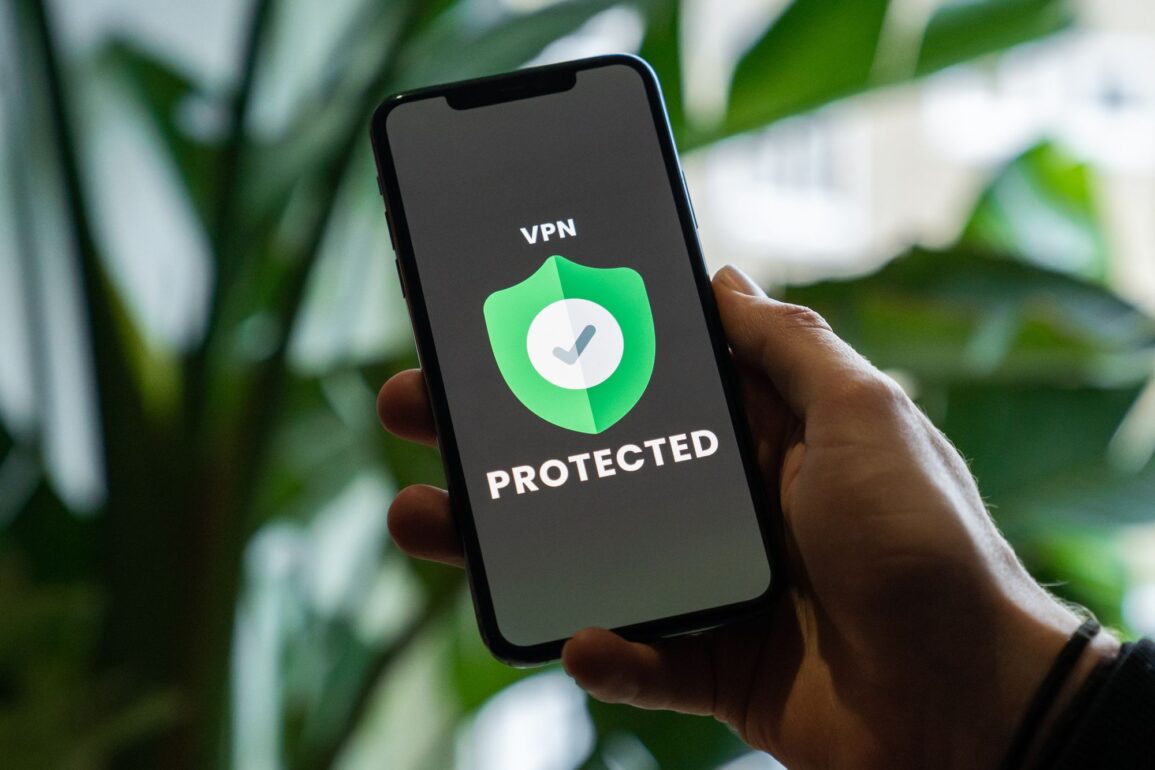Hackers can steal your private information and sell it to advertisers or the government. This is why a VPN is essential for everyone’s privacy protection. A VPN encrypts your data (converts it to code) so snoopers cannot see what you’re browsing and where you’re going online. It also prevents you from leaving traces, like search history and cookies.
Security
Your device and a server establish a secret connection thanks to a VPN. You are shielded from online attacks and your data is kept out of the public eye by this encrypted tunnel. This capability, which enables remote workers to access company networks from any location with an Internet connection, is particularly crucial for companies that depend on their remote workforce.
How to use VPN? If you’re using a free Wi-Fi network, cybercriminals can easily steal your personal and sensitive information, such as passwords, credit card numbers, and bank accounts. A VPN protects your devices from this risk by encrypting your data and routing it through the server so no one can see what you’re browsing or downloading.
The VPN also masks your IP address, a number, and a period sequence that uniquely identifies your computer on the Internet. This is a huge benefit because it stops people from being able to track their online activities and search history.
VPNs are also essential for anyone using a public Wi-Fi connection. Many public Wi-Fi connections are prone to hacking, meaning anyone could intercept your personal and financial data. However, a VPN protects your data through the server’s encryption and security features. This allows you to log into your favorite websites and apps without fear of cybercriminals getting their hands on your information.
Speed
Your data passes via an intermediate server while using a VPN before getting to its final destination. Your website traffic may therefore somewhat decline. Nonetheless, a lot of VPN service providers have reduced this impact by optimizing their servers. Some even provide additional tips to make your VPN experience faster.
A VPN makes public networks private by encrypting your information. This turns your data into an unintelligible jumble of code that only your device and the VPN provider can read. This prevents hackers from spying on your activity, especially if you use a public Wi-Fi network in a coffee shop or hotel.
VPNs can also bypass geo-blocking and allow you to access content unavailable in your area. They encrypt your IP address to make it appear like you’re surfing from another location.
In the business world, VPNs enable remote working. This is because it allows employees to connect to the company’s network via the Internet, even from home or when traveling. This way, they can be productive while working outside the office.
One major drawback of a VPN is that it’s usually time-consuming to set up and maintain. IT teams must install a VPN client on every device employees use to work remotely and ensure that the VPN is always active.
Compatibility
The VPN protocol protects your privacy by encrypting all the data that leaves your device. It also reroutes the information through multiple servers, so your browsing history and physical location remain hidden. This prevents ISPs from collecting data on your internet activities and from censoring access to certain websites.
This type of protection is vital if you use public Wi-Fi for work or personal purposes because identity thieves and other cybercriminals are more likely to target your devices over insecure connections. The VPN reroutes the information through a secure intermediate stage to hide your IP address, which would otherwise reveal personal details.
Different VPN protocols have distinct strengths and weaknesses, so you must select a solution that suits your needs. The following are some of the most common VPN technologies:
PPTP is an older, bare-bones tunneling protocol that provides basic security. However, it has numerous vulnerabilities discovered and exploited by hackers. Additionally, PPTP connections are often blocked by firewalls due to their insecure nature.
Privacy
VPNs encrypt the data between your device and the Internet, making it unreadable to any unauthorized individuals who might intercept your online activities. Your browsing history, physical location, and other personal information remain private. You’re also protected from experiencing price discrimination from websites that track your browsing habits and sell the data to product manufacturers.
In the wake of Congress’s decision to end net neutrality, searches for VPNs have seen a slight uptick. The trend echoes a wider public response: Internet users have sought ways to protect their privacy.
When you connect to a VPN, it reroutes your online traffic through various servers. The resulting network of servers is so large that your device’s IP address becomes obscured. When you visit a website, the owner sees the IP address of one of the VPN routers, not your own.
This technology has numerous benefits for both businesses and individuals. In the business world, remote employees can work from home or another location while still accessing company files. It also enables secure file sharing between offices and protects against cybercriminals who otherwise steal sensitive data. Additionally, a VPN can enhance security on public Wi-Fi networks by providing encryption protection. This is especially important when working from a coffee shop or other public location susceptible to hacking.
